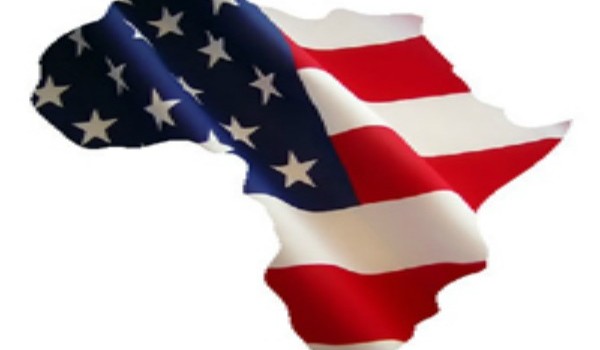The heavy indebtedness of Nigeria and other African countries is of great concern to the United States few years after they were relieved of their debts by international financial institutions/
The U.S. Department of State, during a background briefing on the first trip of Secretary of State Rex Tillerson to Africa, said such loans were unhelpful to the continent.
To date, debt reduction packages under the Heavily Indebted Poor Countries (HIPC) Initiative have been approved for 36 countries, 30 of them in Africa, providing 76 billion dollars in debt-service relief over time.
In 2005, to help accelerate progress toward the UN Millennium Development Goals, the HIPC Initiative was supplemented by the Multilateral Debt Relief Initiative (MDRI). MDRI allowed for 100 per cent relief on eligible debts by three multilateral institutions – the International Monetary Fund, the World Bank, and the African Development Fund – for countries completing the HIPC Initiative process.
The department said: “in the Africa region, we are going to have a heart-to-heart discussion with the Chinese. We’ve invited the Chinese to come to Washington to talk about their programmes in Africa.
“And so on the one hand, the unhelpful role is the providing low-interest but really concessionary loans which really indebts the country.
“So for all of us who worked on HIPC – in other words, getting African countries post-colonial period off of debt – to see these countries re-indebted again is not only outrageous but terrible. “I mean, we spent so much time getting them off of debt, and to see them to go back on debt is just terrible.
“And it goes back to not only corruption in some of these states, but also the ease in which not only China – and you’re talking Russia, Iran, and other countries providing low-interest loans. “And this is really kind of another forum of impoverishment and poverty because unlike HIPC, we can’t really kind of repay loans back to banks. “And so this is going to be a very tough issue to address”.
The U.S. said its relationship with China over Africa was “a very complex one.”
“We have a lot of areas and issues that we’re in conflict, but the issue comes in is that we’re trying to find the areas where we can build some type of support and cooperation that will be to the betterment of Africa.
“But one area that’s not to the betterment is these loan rates, which is terrible. So we’ve looked at countries, and we’re doing data dumping.
“Some – a lot of countries in Southern Africa and parts of the east and west-!are having anywhere from 50 per cent to in one case 200 per cent of GDP debt. “And 80 per cent and 50 per cent are probably Chinese loans, and that’s really not acceptable, and that’s an area that we really need to address and focus on,” the U.S. stressed.
It, however, said it was not in any way “countering China” as far as Africa was concerned but was more concerned about resolving tensions and problems in Africa.
“How can we make China much more supportive of the overall development of Africa? “Because what we don’t want to see is – let’s say, for instance, Congo, which is very rich in resources – where you see Russia, China, North Korea, Iran taking out resources, yet the Congolese don’t receive very much in benefits.”
In Nigeria, the present administration went haywire in borrowing to finance the budget and keep the economy afloat. It has continued to give assurances that the borrowings will be judiciously used.




